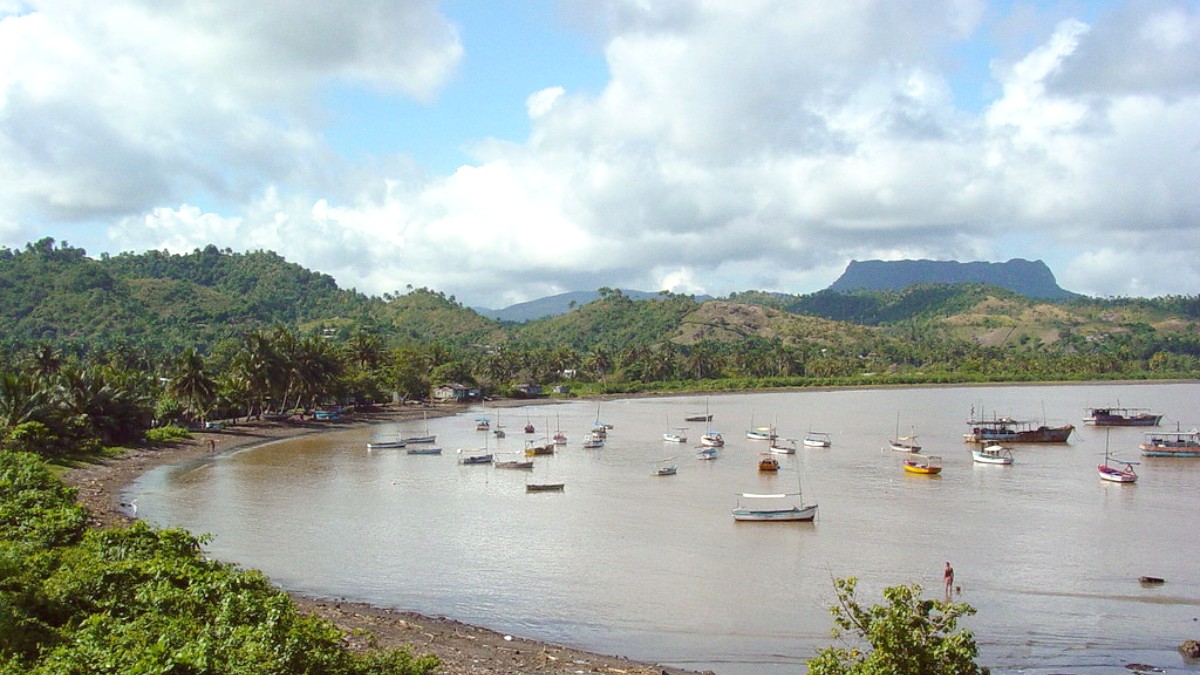
Eastern Cuba, Cuba
An UNESCO World Heritage Site with strict conservation rules.
Respect the environment, no trash, no disturbing wildlife.
Guided tours are mandatory for some areas; stay on marked trails.
Making a positive environmental mark.
Waste management in Cuba is limited; recycling not widespread.
Water is a precious resource, especially during dry periods.
Reduce your travel footprint.
Your choice of lodging matters.
Purchase goods directly from artists. This supports local economy and traditional crafts.
Visit GreaterGood's store for conservation.Treat historical buildings and monuments with care. Do not touch or remove artifacts.
Find sustainable outdoor gear at Patagonia.Mindful choices contribute to a positive local and environmental outcome.
Interacting with respect and awareness.
Language and patience bridge gaps.
Political discussions are best avoided. Opinions vary.
Modest dress and quiet are appropriate for places of worship.
Your spending has a direct local benefit.
Your purchases matter to the local economy.
Purchase from local producers or small shops.
Seek genuine handmade items over mass-produced goods.
Favor independent restaurants, guides, and small businesses.
Direct spending in the private sector makes a significant local difference.
Making a positive contribution and avoiding pitfalls.
Giving money to beggars, especially children, can encourage begging.
Be cautious of offers that seem too good to be true.
Consider what items are most needed locally.
Avoid any activities that support illegal or exploitative practices.
Engaging in exploitation has severe consequences and undermines ethical tourism.
Your mindful choices enrich both your trip and the local community.